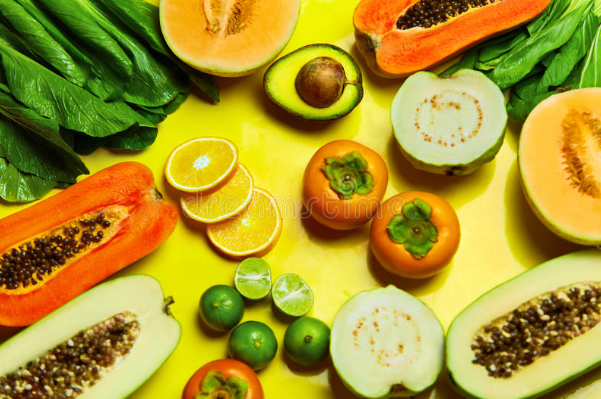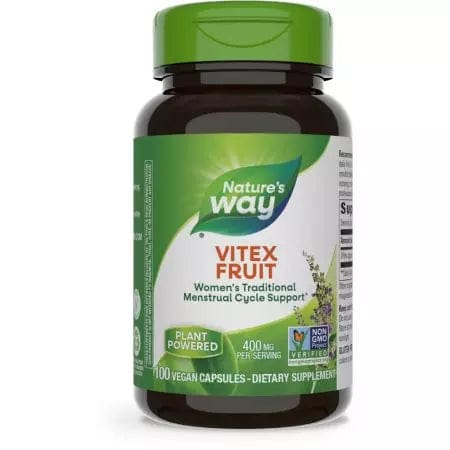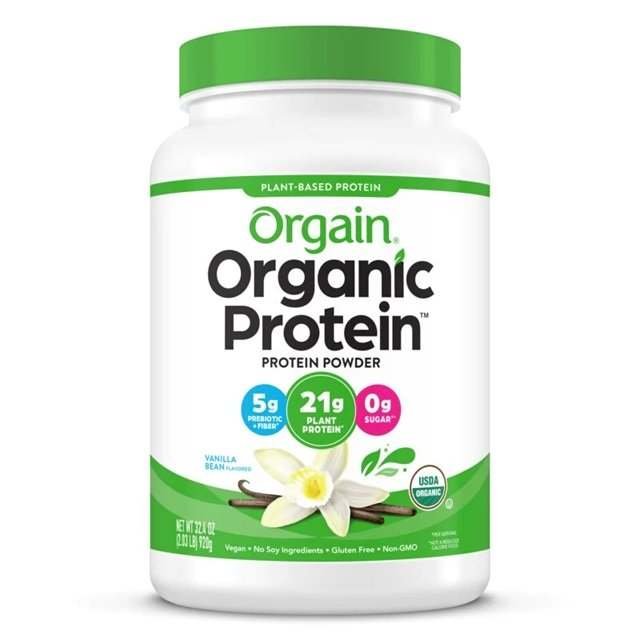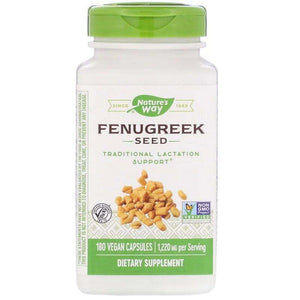What Vitamins Should Vegetarians Take?


Related products
What’s covered?
The following are some of the most common questions about vegetarians and their foods:
Do Vegans require nutritional supplements? Tell me about the vitamins in the vegan or vegetarian diet. How do supplements affect your health in a way that is mainly dependent on your diet? Name the best nutritionist. Now that you are vegetarian, you will likely eat much healthier vegetables, grains, nuts, seeds, or legumes.
Whether you're a vegetarian or vegan, it's vital to ensure you get enough vitamin C and vitamin D.
Vitamin C is found in citrus fruits, bell peppers, broccoli, strawberries, tomatoes, and kiwi. You'll also find it in fortified foods like orange juice and breakfast cereals.
Vitamin D is found in fortified milk products (like soy milk) and fish oil supplements.
It's also important to eat iron-rich foods if you don't eat meat. Leafy greens like spinach and kale are excellent sources of iron for vegetarians and vegans.
Other considerations: omega-3s
An omega-3 fatty acid is a common ingredient for a vegetarian diet and is widely considered beneficial. Vegetarians lack this crucial fat. Omega 3 is found mostly in fish oil. Flax seed oil and hemp seed oil provide high levels of omega-3 fats. The algae oils are vegetarian-friendly and contain DHA and EPA. Algae originate from the DHA and EPA, which carry on the food chain toward shellfish. American diets have between 10 and 20 per cent omega-6 fatty acids compared to other diets.
Myth: Vegans are immune to nutrient deficiencies
Vegans generally consume more nutrient-dense foods and are very healthy too. Eating kale, beans, oatmeal, and fruit smoothies is an excellent way to consume healthy food. Some people need to go further to get the nutrients they need. It's not the first issue for vegans - some non-vegetarians have no nutritional needs. Bottom Line: no matter what diet you use, nutritional deficiencies can cause health problems.
Vegetarian or vegan diet
What makes Veganism interesting in this world? There's no longer an old time when one had to drive a far distance to the store to find milk, dried fruit, tofu, or stuffed vegan cheese. There are thousands of vegan versions of milk, meat, and pizza in supermarkets across the US. The vegan lifestyle can easily be achieved—and this is a big bonus! This initiative aims to increase the quality of care for people all around the globe and promotes better health. It's an excellent thing. Vegetarian diets are changing faster than ever before.
Plant foods and plant-based diets are regular vegan diets that include healthy foods having high-protein content. These are natural foods fortified with essential nutrients.
Yes, eating a plant-based diet can have substantial health benefits
Vegans generally consume lower saturated fats, cholesterol, and animal protein, which may negatively affect their skin but instead may boost their red blood cells. The study showed vegans reduced their cholesterol and heart disease rates. Is it essential that we never take our diet seriously? Contrary to some sceptics in the industry, a vegan lifestyle doesn't necessarily have the same effect as a plant-free diet or whole food.
How do you get all the vitamins you need as a vegetarian?

Dark leafy greens such as cabbage, collard greens, or bok choy are excellent choices for leafy green vegetables to get all the nutrients you need. You can even drink calcium-fortified plant milk, dairy, and vitamin C-rich foods. You can purchase calcium-rich foods or supplements and vegan vitamins, too. Enough vitamin D is important as it is a highly vital component of bone health.
Other things to add to your diet are essential fatty acids and fortified breakfast cereals. These will help you create a balanced diet for a healthy lifestyle. Don't forget to add a vitamin D supplement and other essential vitamins and minerals.
For a full range of medications, visit our Welzo Online Pharmacy Page. For more details about potential vitamin deficiencies, click here.






























 Rated Excellent by 26,523+ Reviews
Rated Excellent by 26,523+ Reviews